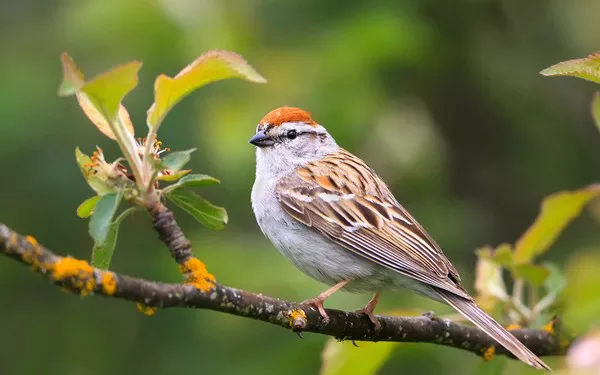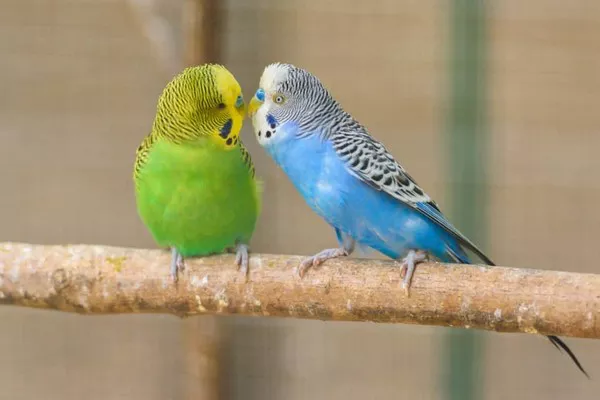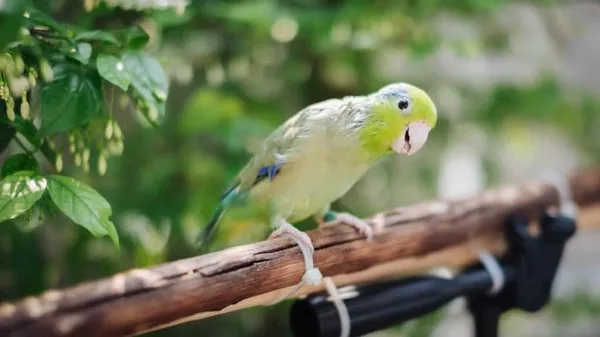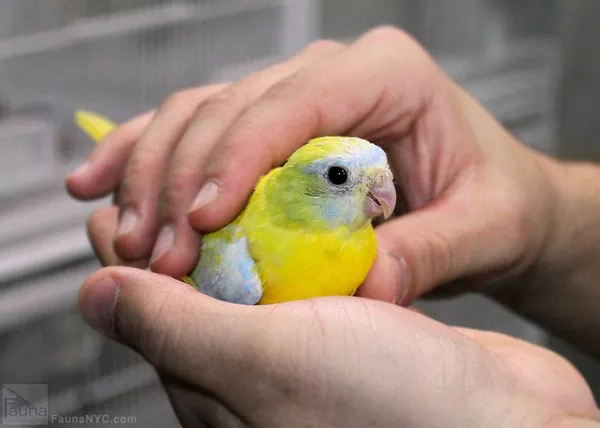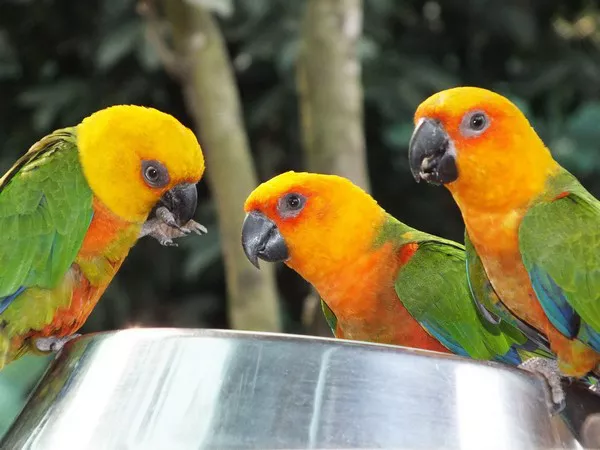African Gray Parrots, renowned for their remarkable intelligence and engaging personalities, make wonderful and beloved companions. To ensure the health and well-being of your African Gray, providing a balanced and nutritious diet is essential. This article will serve as a comprehensive guide to answer the question, “What can I feed my African Gray?” We will explore the dietary needs of these parrots, offering insights into their natural diet, recommended foods, and important considerations for their nutrition.
Understanding African Gray Parrots
Before we delve into their dietary requirements, let’s take a moment to understand African Gray Parrots:
Species: African Gray Parrots are divided into two main species: the Congo African Gray (Psittacus erithacus erithacus) and the Timneh African Gray (Psittacus erithacus timneh). The Congo African Gray is the larger of the two and is known for its striking red tail feathers.
Intelligence: African Gray Parrots are renowned for their high level of intelligence. They have the ability to mimic sounds and speech with exceptional clarity and can solve complex problems, making them one of the most intelligent bird species.
Lifespan: With proper care, African Gray Parrots can live for several decades, sometimes reaching over 50 years of age. This long lifespan makes them a long-term commitment as pets.
Social Nature: African Gray Parrots are highly social birds that thrive on interaction and mental stimulation. They require regular human interaction and mental enrichment to stay happy and healthy.
Natural Habitat: In the wild, African Gray Parrots are found in the dense forests and woodlands of Central and West Africa. They forage for a variety of foods, including fruits, seeds, nuts, and leafy greens.
Dietary Requirements
African Gray Parrots have specific dietary needs that must be met to ensure their health and longevity. Here are the key components of their diet:
High-Quality Pellets: High-quality commercial pellets formulated for African Grays should form the foundation of their diet. These pellets are designed to provide essential nutrients, vitamins, and minerals in a balanced and easily digestible form. Look for pellets with natural ingredients and minimal artificial additives.
Fresh Fruits: Offer a variety of fresh fruits, such as apples, pears, grapes, and berries. These fruits provide vitamins and natural sugars that can be beneficial in moderation. Remove any uneaten fruit to maintain cleanliness.
Vegetables: Include a selection of fresh vegetables in your African Gray’s diet. Leafy greens like kale, spinach, and Swiss chard are excellent choices. Other vegetables like carrots, bell peppers, and broccoli can provide variety and essential nutrients.
Nuts and Seeds: Nuts and seeds, such as almonds, walnuts, and sunflower seeds, can be offered as occasional treats. These items are calorie-dense, so use them sparingly to prevent weight gain.
Cooked Foods: African Grays can enjoy cooked foods like brown rice, quinoa, and whole wheat pasta. Avoid using excessive amounts of butter, oils, or seasonings when preparing these foods.
Legumes and Beans: Legumes and beans, such as lentils and chickpeas, can be part of their diet. These foods are rich in protein and fiber.
Protein Sources: Offer occasional sources of lean protein, such as cooked chicken or turkey. Ensure that the meat is free from seasonings and bones.
Important Considerations
Variety is Key: Providing a variety of foods is essential to meet your African Gray’s nutritional needs and keep their diet interesting. Rotate different fruits, vegetables, and grains to ensure they receive a broad range of nutrients.
Freshness and Cleanliness: Always serve fresh, clean food and water to your parrot. Remove any uneaten or spoiled food promptly to maintain hygiene in their cage.
Avoid Toxic Foods: Some foods can be toxic to parrots. Avoid feeding them avocados, chocolate, caffeine, alcohol, and foods high in salt or sugar.
Supplementation: In consultation with an avian veterinarian, you may consider vitamin or mineral supplements if there are concerns about nutritional deficiencies. However, supplements should not be a substitute for a balanced diet.
Hydration: Ensure your African Gray has access to fresh, clean water at all times. Parrots can be susceptible to dehydration, so monitoring their water intake is essential.
Limit Treats: While occasional nuts and seeds are acceptable as treats, be mindful not to overindulge your parrot, as it can lead to obesity and health issues.
Consult a Veterinarian: Regular check-ups with an avian veterinarian are essential to monitor your parrot’s health and nutritional needs. A vet can also provide guidance on any specific dietary concerns.
Conclusion
A balanced and nutritious diet is paramount to the health and happiness of your African Gray Parrot. By offering a combination of high-quality pellets, fresh fruits, vegetables, nuts, seeds, and occasional treats, you can ensure that your parrot receives the essential nutrients it needs to thrive
Recommended reading:

